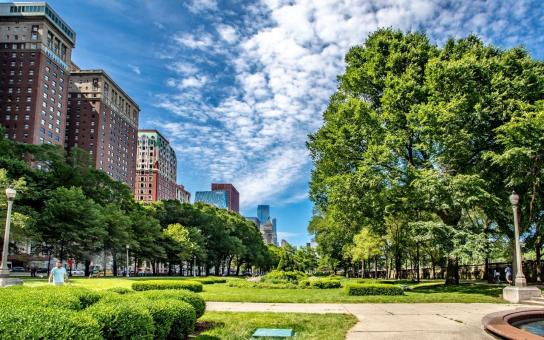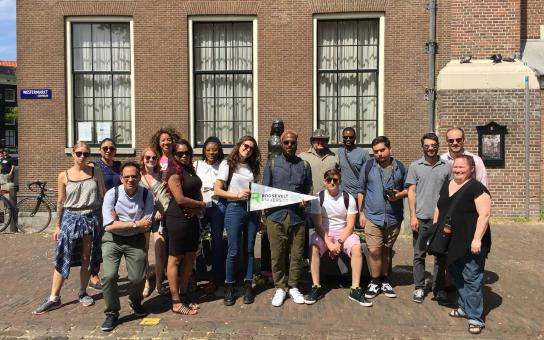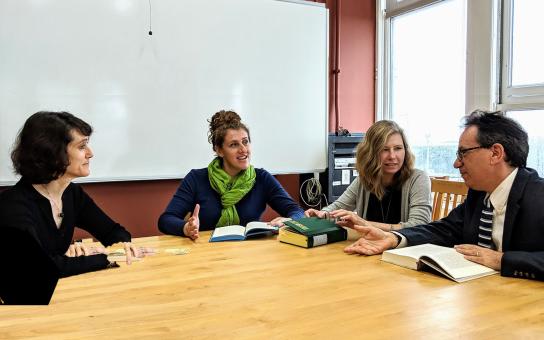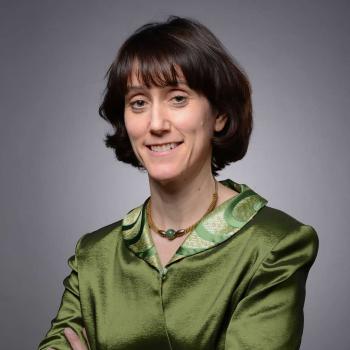Bachelor's in History, BA
If you want to question assumptions and hone your communication skills, history could be the major for you. A history degree prepares you for rewarding careers in education, law, nonprofits, public policy and more.
Why Roosevelt for your Bachelor's

Learn in the heart of Chicago
From our inspirational founding story to our historic building, Roosevelt University is the ideal place to immerse yourself in history. In the middle of a city known for its diversity and rich culture, you’ll experience history inside and outside the classroom.

Experience history firsthand
Find your voice as a historian with engaged classmates, small class sizes and interactive learning. Public history and travel abroad courses will transport you outside of the classroom.

Take a new approach to history
Engage with the community and hear from the voices in history that have too often been submerged. You’ll learn how to construct histories through inquiry, research and interpretation. Talented faculty are here to mentor you and prepare you for fulfilling careers.
Interested in teaching history? Earn your bachelor’s and master’s in secondary education in just five years.
“The Roosevelt history department shaped my understanding of the history of work in the United States, which helps me in my job as a union organizer where I help higher education faculty and staff organize.”
Haley Leibovitz, BA ’10



